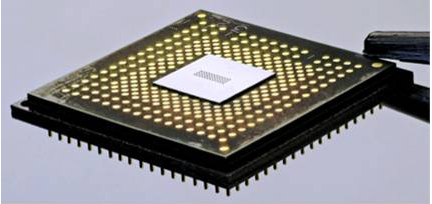
The tiny, $35, Linux-based Raspberry Pi computer has drawn a lot of attention in the last few months, and though it was originally developed to teach computer programming to young students, Internet activists have taken notice as well. A recent BBC interview with developer Nadim Kobeissi, creator of a web-based secure communications program called Cryptocat, shows off just one potential use of the low-cost hardware and free software system. Kobeissi says he’s looking forward to the arrival of Raspberry Pi as a way to bring extra-secure communication to web chat, especially in places where conversations might be watched.
Kobeissi’s Cryptocat is an open-source program that encrypts chat conversations before they’re sent to a server. For relatively little money, he plans to buy Raspberry Pi computers, set them up as servers running Cryptocat, and send them to areas where free speech is monitored or prohibited. The small, modifiable nature of Raspberry Pi computers make them well-adapted to foster chat privacy.
Considering general privacy concerns and recent NSA surveillance probes, the idea could be intriguing for westerners too. “Big Data continue to amass gigantic amounts of personal information without providing any guarantee of privacy, while encryption remains largely inaccessible,” Cryptocat’s website claims, “Cryptocat aims to bridge the gap for those who need easy, encrypted communication.”
Earlier this week, Raspberry Pi became available for pre-order through two Britain-based manufacturers, and the demand for the little open-source system was so great that both manufacturers sites went down on Tuesday evening. When the Pi becomes more widely available, Kobeissi plans to put the software for turning the Raspberry Pi into a chat server online for anyone to use.
from Ars Technica






